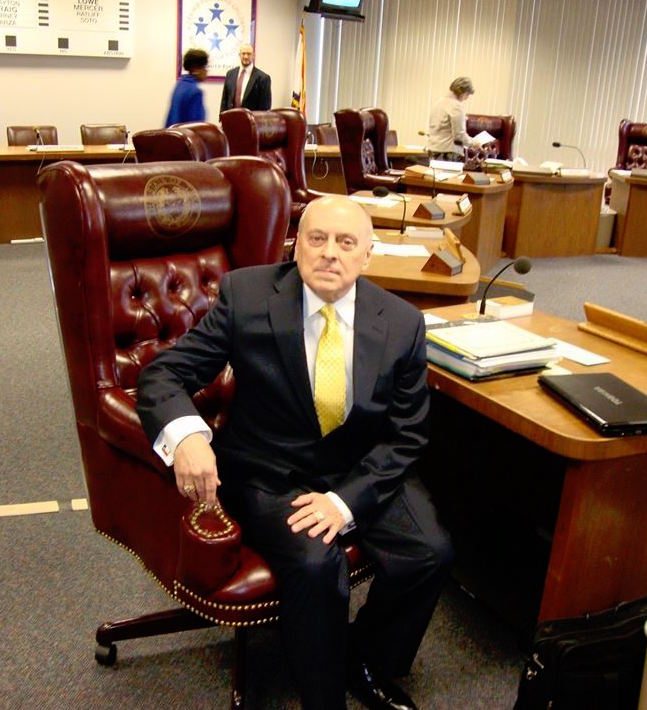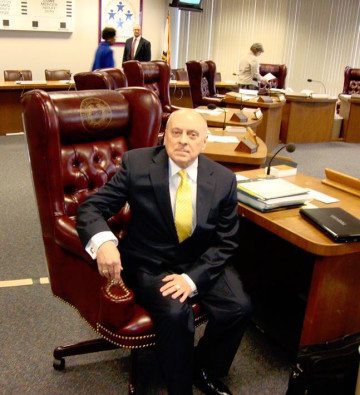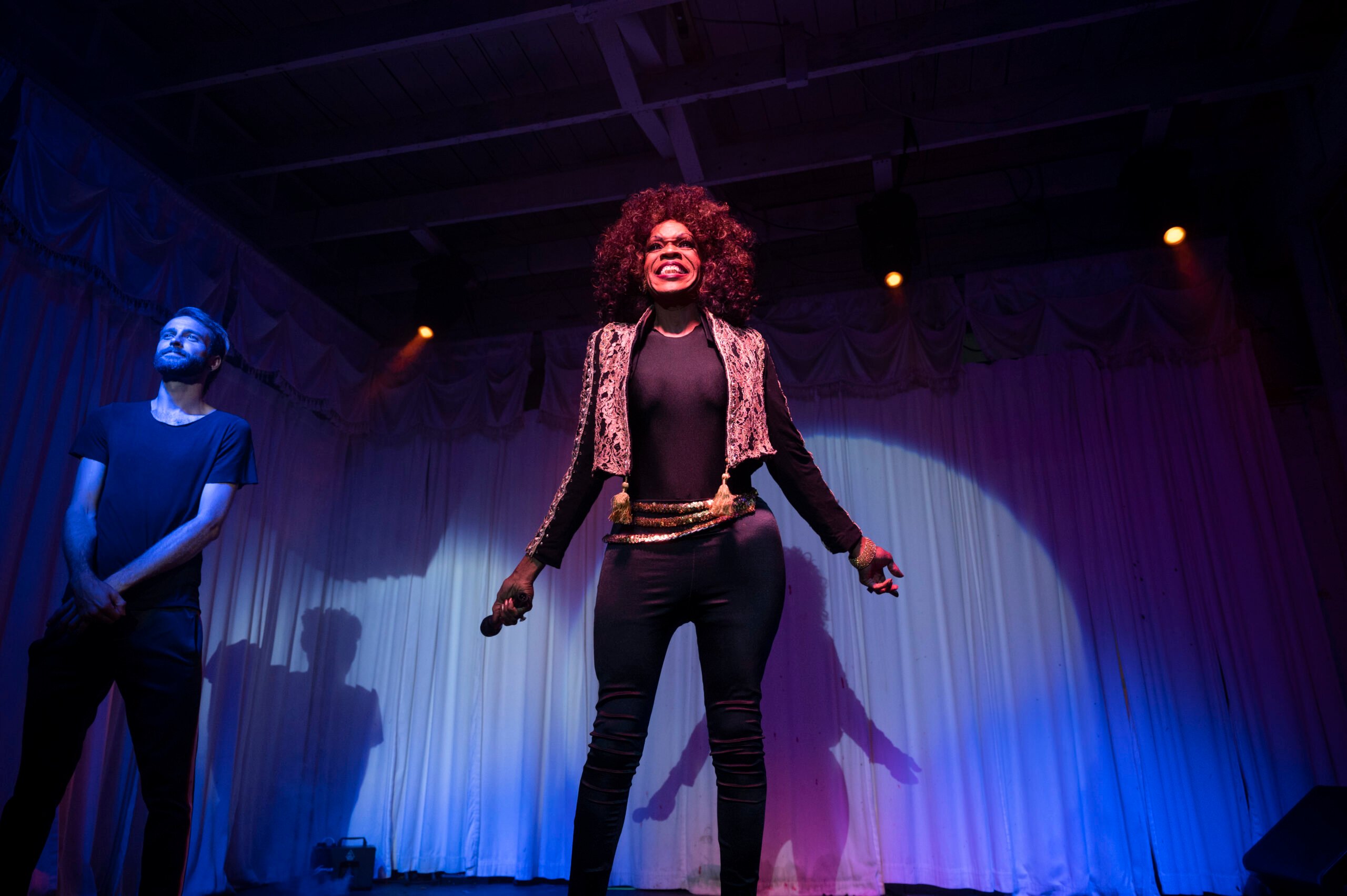
From GOP Moderate to Democratic Lege Hopeful to Trump Campaigner


From 2011 to 2012, George Clayton was a moderate Republican member on the notoriously extreme Texas State Board of Education — a “voice of sanity,” Texas Freedom Network board-watcher Dan Quinn once called him. Halfway through Clayton’s term on the board, activists on the religious right began spreading speculation about his sexuality, and Clayton issued a statement that he did, in fact, “have a male partner who lives with me in my home.” In his bid for re-election, which would have made him the first openly gay Texas Republican elected to such a high position, he finished last in a three-way primary. “I think the party, even before the primary, was working against me,” Clayton told the Observer recently. “I’m convinced of it.”
Clayton wasn’t finished with politics, though. In 2014, he ran as a Democrat for an open state House seat in North Dallas, and lost again. He’d been recruited to run, he said, by a local party official, and was promised support from Battleground Texas that never materialized. “They just disappeared into the gubernatorial race and I never saw them again,” he said.
In December 2015, he made another big pivot: He joined Donald Trump’s campaign as a co-chair for the congressional district in which Clayton lives.
(In a statement to the Observer, a Battleground spokesman responded, “In 2014, we met with many Democratic candidates around the state, including George Clayton, to ensure active Democratic campaigns worked together. We didn’t work with him then, and we would never support anyone aligned with the hateful and intolerant Trump campaign.”)
Clayton’s is one of the least probable resumes in Texas politics, rounded out by a campaign for the school board in Richardson which will be decided by an election on Saturday. Critics have branded him an opportunist, but there’s a certain logic to this unlikely path from middle-of-the-road Republican, to Democrat, to the most extreme presidential campaign in decades.
For one thing, Clayton is primarily interested in education policy; issues such as testing and school choice aren’t neatly partisan. Though Trump’s plans are unclear, his support for charter schools and vouchers is pretty standard Republican fare. “I try to advise the campaign on education, and I don’t know if they hear me or not,” Clayton said. (His title as “district co-chair,” he said, involved phone-banking and block-walking before the primary in March, but not much since then.)
For another, Clayton has been engaged in politics since he was young — at 19, he was an alternate delegate to the 1968 Democratic convention in Chicago — but lately he feels as though he’s been abandoned by both parties. So he can relate to Trump backers who care most about upsetting the status quo.
“I think the country is looking for a major shift,” Clayton said. “There’s an uneasiness, and I see it in the political travels I do in the Dallas area. … How ironic that we’re turning to a multimillionaire, maybe a billionaire, to bring the common folks back into the fold.”
There’s also a Trumpian directness in Clayton’s manner. To improve education, he once suggested, Texas ought to “keep parents as far from the schools as possible.” In a March Facebook post, he wondered if he was alone in his estimation that Fox News personality Juan Williams “is a paid Obama ass licker.”
Clayton said he’s gotten used to explaining himself to friends and family who are baffled that he’d join a campaign that’s become such a magnet for hate, a candidate whose ideas are so unmoored from reality. “I know why they’re saying that,” Clayton said. “And I’ll tell them, ‘Well, maybe I’m just more open-minded than you.’”


